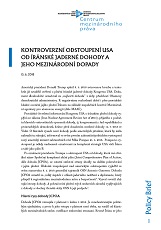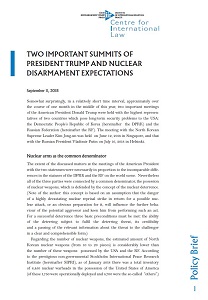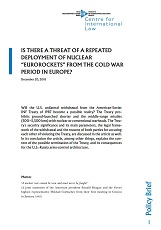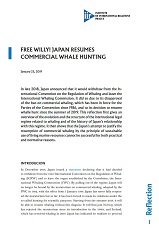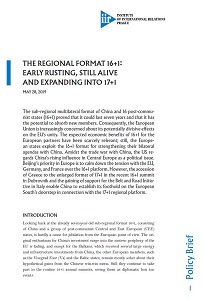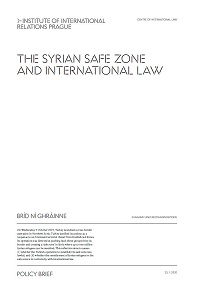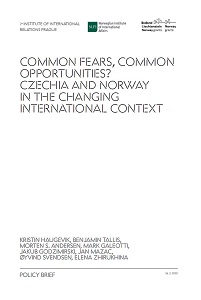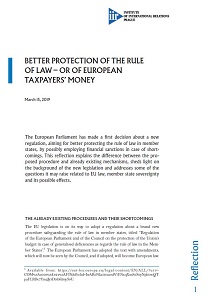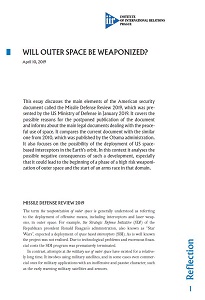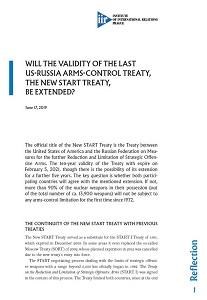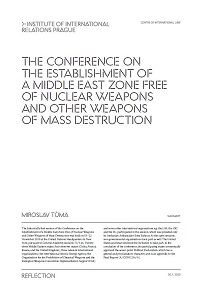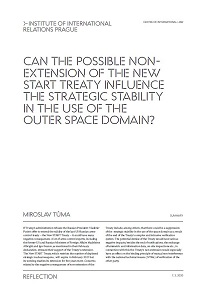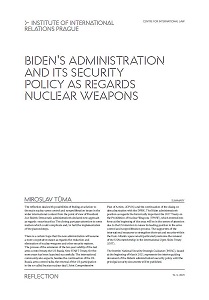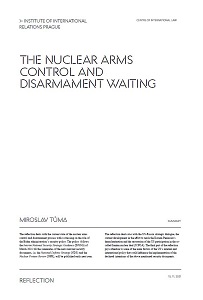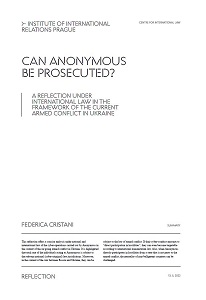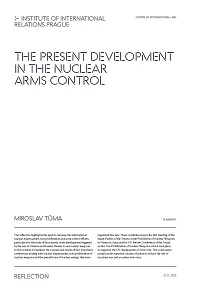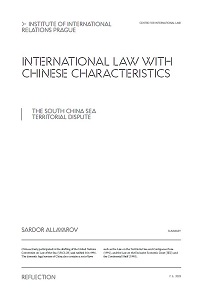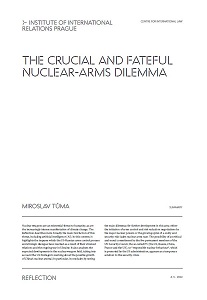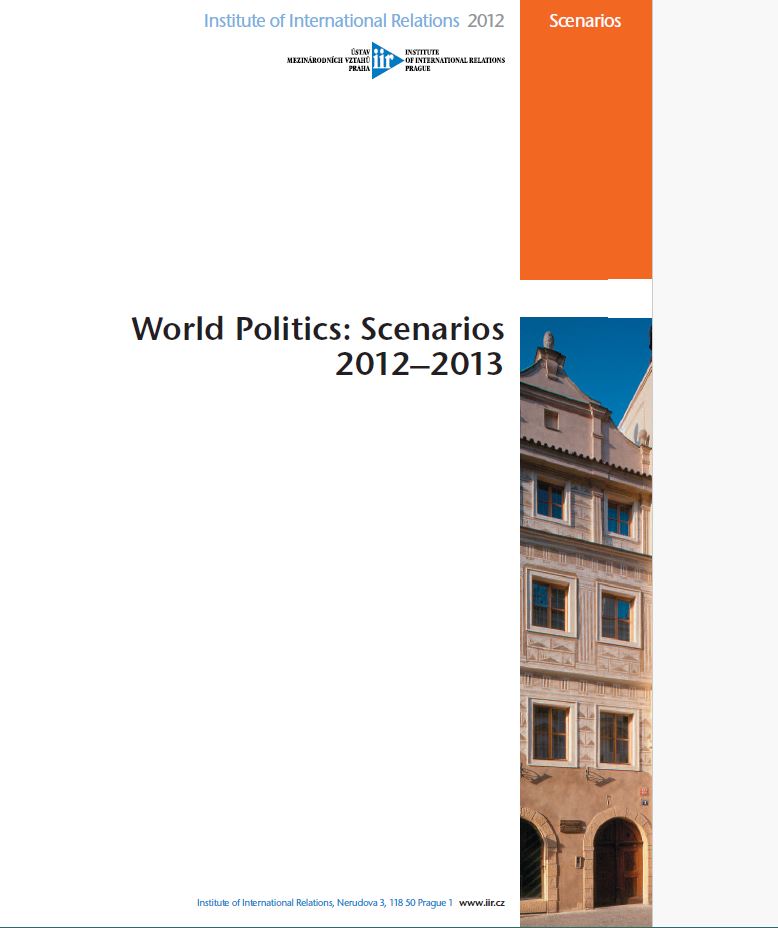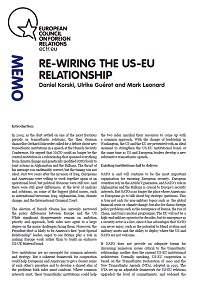
Re-Writing the US-EU Relationship
Re-Writing the US-EU Relationship
In 2005, as the dust settled on one of the most fractious periods in transatlantic relations, the then German chancellor Gerhard Schroeder called for a debate about new transatlantic institutions in a speech at the Munich Security Conference. He argued that NATO could no longer be the central institution in a relationship that spanned everything from climate change and genetically modified (GM) foods to joint actions in Afghanistan and the Balkans. The thrust of his message was undeniably correct, but the timing was not ideal. Just two years after the invasion of Iraq, Europeans and Americans were willing to work together again at an operational level, but political divisions were still raw. And there were still great differences, at the level of analysis and solutions, on some of the biggest global issues, such as international terrorism, Iraq, Afghanistan, Iran, climate change, and the International Criminal Court.
More...
